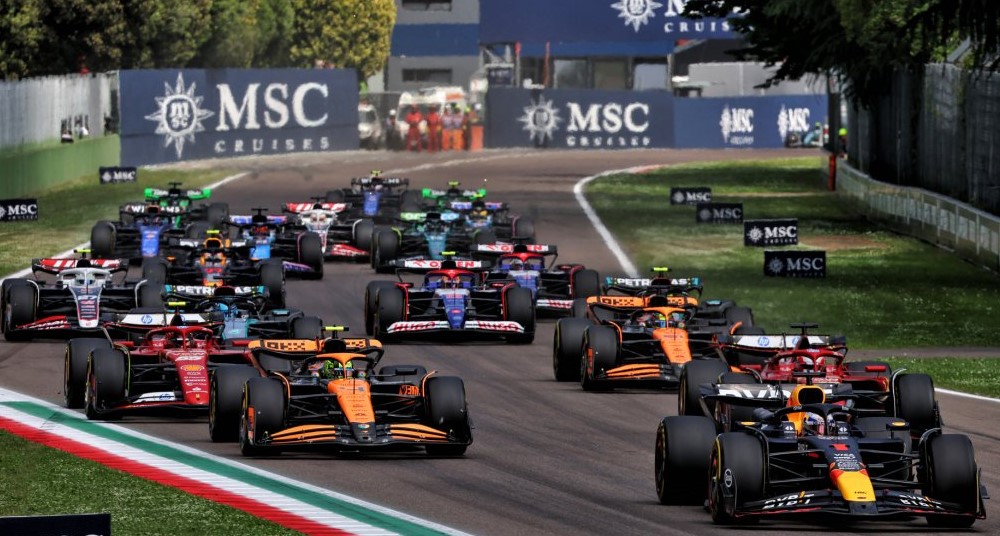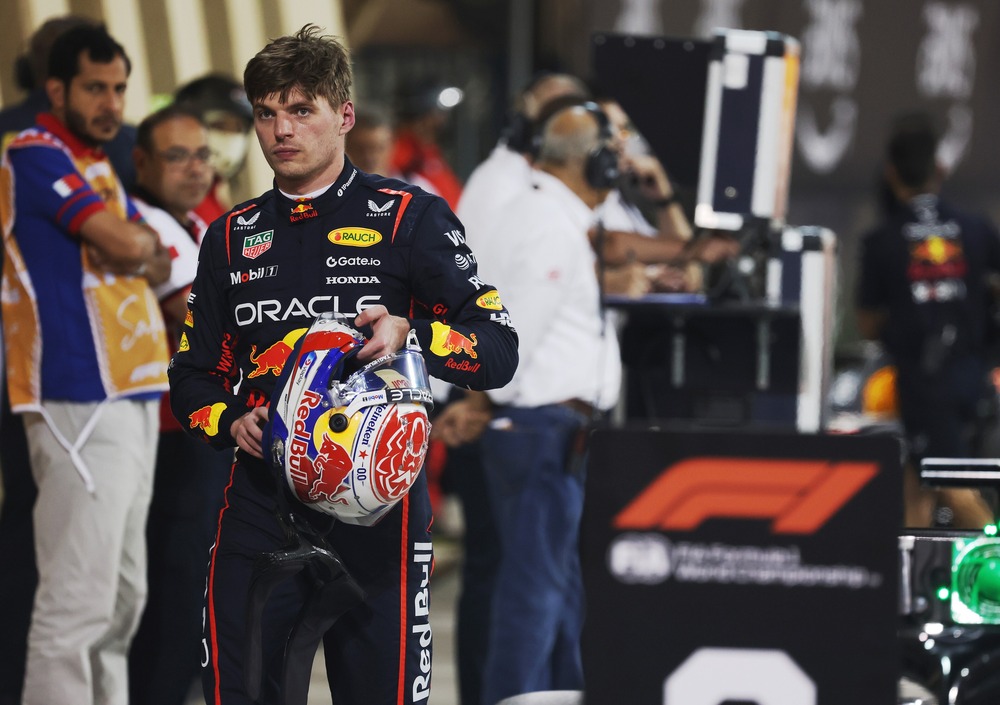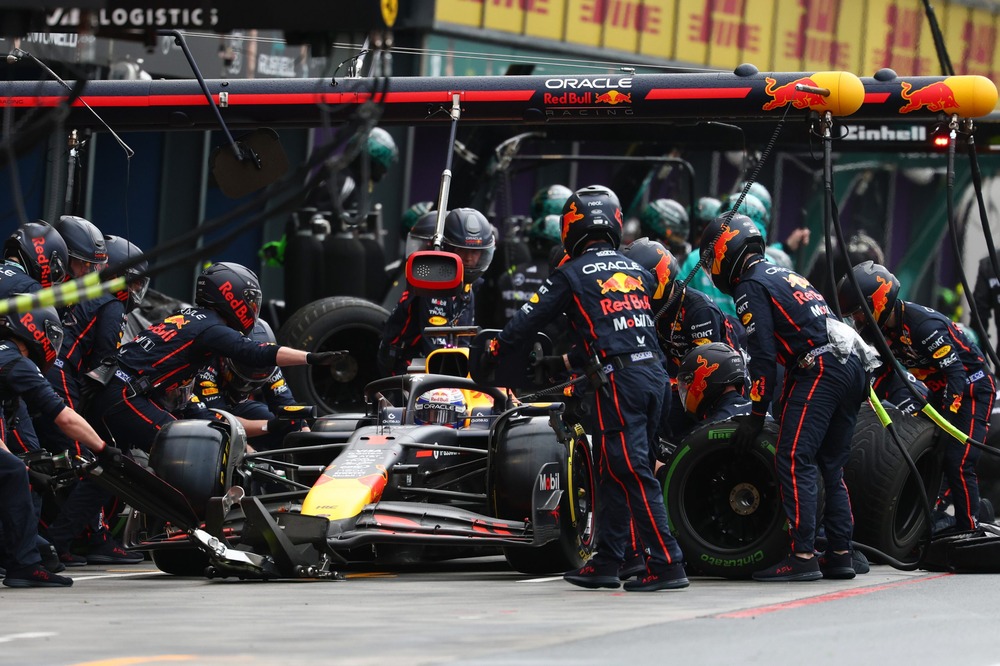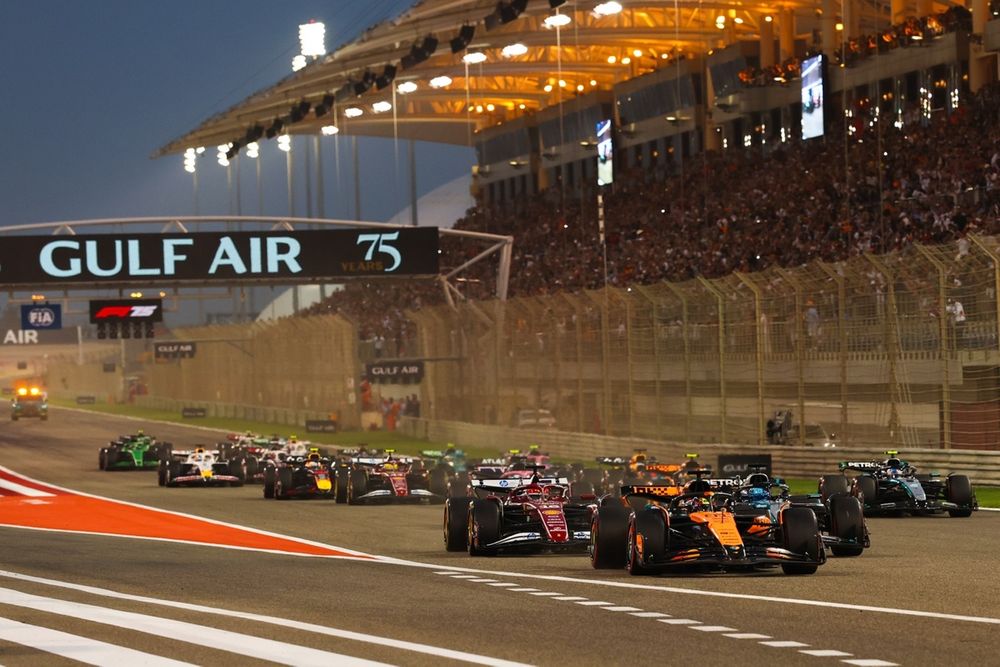In a significant regulatory shift, the FIA’s World Motor Sport Council has announced that the fastest lap point awarded in races will be eliminated starting from the 2025 F1 season.
This decision, ratified during a recent council meeting, marks a pivotal change in the sport’s points system, which has been in place since 2019.
The fastest lap point was introduced to enhance competition and provide an additional incentive for drivers to push their limits during races. However, it has faced criticism for often benefiting drivers who were already in a commanding position, allowing them to pit for fresh tires and secure the bonus point without jeopardizing their race standing.
The decision to eliminate the fastest lap point reflects ongoing concerns about fairness and competition within Formula 1. Critics have long argued that the rule disproportionately favored drivers with comfortable leads, allowing them to secure additional points without significant effort.
The controversy surrounding the rule reached a peak during the recent Singapore Grand Prix, where Daniel Ricciardo, driving for Red Bull’s sister team RB, executed a late pit stop to claim the fastest lap point.
This maneuver came at the expense of McLaren’s Lando Norris, who was contending with Red Bull’s Max Verstappen for the championship. Ricciardo’s actions ignited discussions about potential collusion between teams and raised questions about the integrity of the rule.
As a result, the FIA has decided to scrap the fastest lap point altogether, reverting to a maximum score of 25 points for a race win. The removal of the bonus point is part of a broader effort by the FIA to refine its regulations and foster a more competitive environment in Formula 1.
Alongside the change, the council has also mandated that teams must provide rookie drivers with increased opportunities during practice sessions. Starting 2025 F1 season, each team will be required to allocate two Friday practice sessions per car for junior drivers, doubling the previous requirement of one session.
This initiative aims to nurture young talent and ensure that future stars of Formula 1 gain valuable experience during race weekends.
Moreover, the regulatory change comes at a time when Formula 1 is experiencing unprecedented growth in popularity and viewership. As fans become increasingly invested in the sport, there is a heightened demand for transparency and fairness in how points are awarded.
The FIA’s decision to scrap the fastest lap point aligns with these expectations and demonstrates a commitment to maintaining the integrity of racing.
In addition to changes regarding points allocation, the FIA also announced plans for further refinements to technical regulations set to take effect in 2026. These adjustments aim to enhance car performance while promoting closer racing and reducing wake turbulence behind vehicles on track.
The governing body is also working on simplifying sporting and financial regulations, aiming for clearer guidelines that will benefit teams and drivers alike. While some may lament the loss of the fastest lap point as an exciting aspect of racing strategy, many within the sport believe that this change will ultimately lead to more competitive racing overall.
By removing an element that could be exploited through tactical maneuvers, teams will need to focus on pure racing performance rather than opportunistic strategies aimed at securing extra points.
As the grid prepares for the 2025 F1 season with these new regulations in place, teams and drivers will need to adapt their strategies accordingly. The emphasis will shift back towards traditional racing metrics—finishing position and overall performance—rather than seeking out bonus opportunities that may not reflect true racing prowess.
READ MORE: FIA set to intensify parc ferme ride height checks at United States Grand Prix






